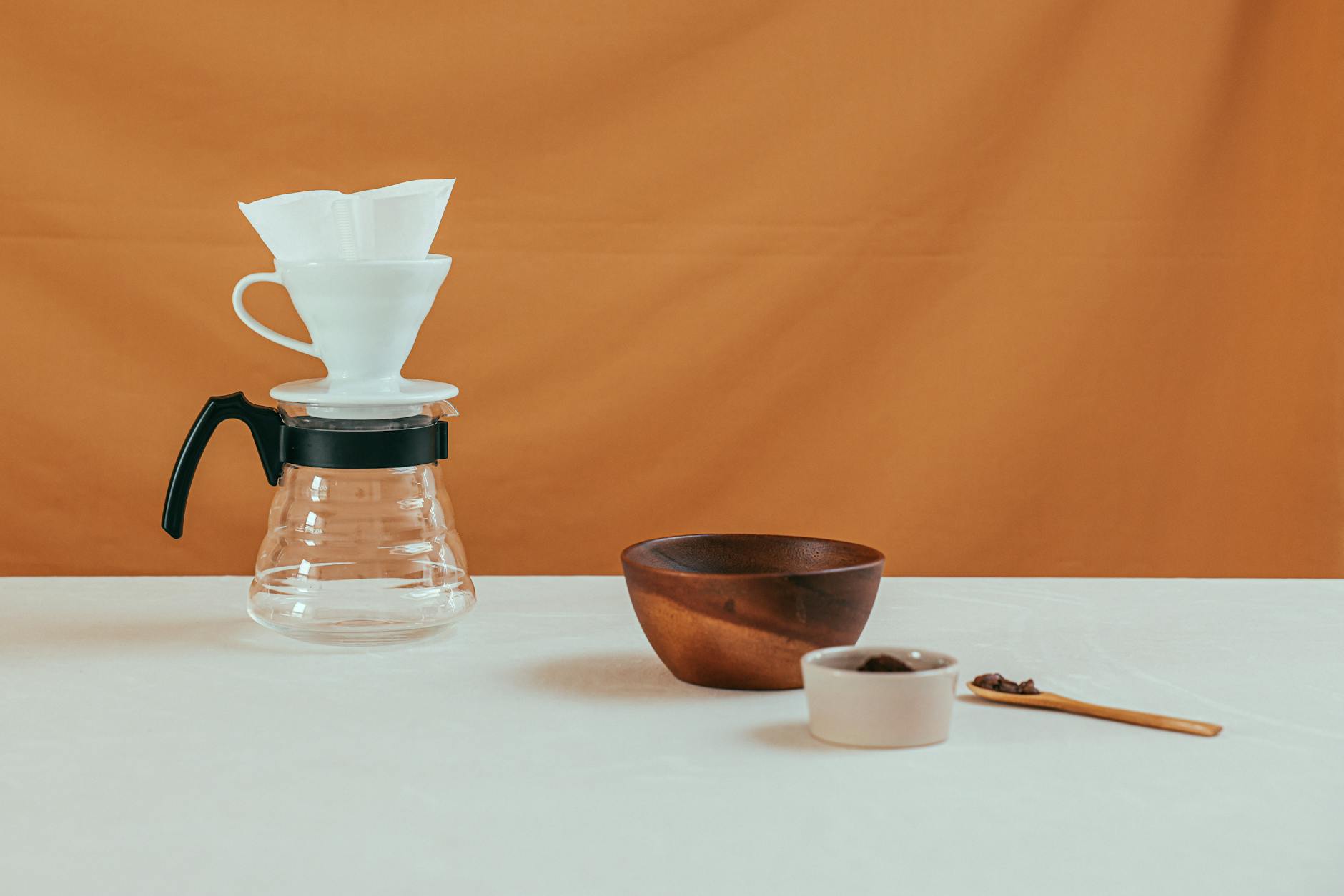Caffeine. That bitter, beautiful elixir that fuels our late-night shred sessions and early-morning stock market battles. We all know the jolt it delivers, but what’s the real story behind this daily ritual? Let’s dive into the science, the myths, and the downright brutal truth about coffee’s impact on your health.
The Good: Caffeine’s Upsides
Look, let’s not sugarcoat it: caffeine can be a goddamn powerhouse. We’re talking increased alertness, improved cognitive function, and even a potential boost to your physical performance. Studies show it can enhance athletic endurance and reaction time. Need to pull an all-nighter prepping for a killer trade? Caffeine’s your wingman. But don’t just take my word for it—check out this research from the National Library of Medicine on caffeine’s effects on physical performance.
Beyond the immediate energy boost, some research suggests long-term benefits like a reduced risk of certain diseases. It’s a complicated picture, though. One thing’s for sure: that first cup in the morning is way more than just a warm hug for your soul. It sets you up for a day of conquering whatever life throws your way – trading wins, riffs so ferocious, and coffee so strong it could curdle blood.
The Bad: Caffeine’s Dark Side
Now, let’s get real. While caffeine is a powerful ally, it’s also a double-edged sword. Overdoing it can lead to anxiety, jitters, insomnia, and even digestive issues. That’s why moderation is key. Think of it like a wickedly awesome guitar solo – it’s killer when executed flawlessly but can become noise pollution if it goes on for too long.
Too much caffeine can also interfere with your sleep, which is crucial for physical and mental recovery. This is where you need to find your sweet spot. Remember those early mornings spent tirelessly chasing that perfect trade? A proper night’s rest is crucial if you don’t want your trades to feel as erratic as a blast beat.
Also, consider this: while coffee’s generally considered safe, the effects can vary depending on individual factors like genetics, pre-existing health conditions, and medication interactions. It’s always smart to consult a doctor or healthcare professional if you have concerns about your caffeine intake, particularly if you already have conditions like anxiety or heart problems.
The Ugly: Misinformation and Marketing
Let’s be honest: the coffee industry isn’t exactly known for its unwavering commitment to truth. Many companies bombard you with misleading claims and ‘miracle’ solutions. Don’t fall for the hype. You don’t need some fancy, overpriced blend to get a decent cup of joe. And yes, even that ‘organic, fair-trade, single-origin, ethically sourced’ coffee in that artisanal hipster cafe is still… caffeine. Trust your gut and stick to what works for you.
Some studies even suggest that excessive coffee consumption can lead to certain health problems, particularly if you’re already predisposed to them. For example, some research links heavy coffee consumption to a slightly increased risk of heart problems in certain individuals. The Mayo Clinic has a good overview on this topic.
So, navigate the world of coffee with a critical eye. Ignore the marketing BS and focus on finding a balance that works for you. And if you’re looking for a mug to remind your loved ones (or enemies) where to stick it, this offensive coffee mug might be just what you need: https://deathmetalmugs.com/shop/p/fuck-off-i-mean-good-morning-coffee-mug
Finding Your Caffeine Sweet Spot
The key takeaway? It’s all about moderation and personal awareness. Experiment to find your ideal caffeine intake. Listen to your body. Are you feeling anxious or jittery? Cut back. Are you dragging ass? Maybe up your intake slightly (but not too much!). It’s a personal journey, not a race. Treat it like tuning your guitar – a little tweak here, a little adjustment there, to achieve that perfect sound.
Remember, the effects of caffeine are subjective. Your tolerance and sensitivity will vary based on several factors, making this a game of experimentation rather than science. The key here is to monitor your body’s response and adjust accordingly. Don’t be afraid to experiment, find what works, and then stick with it. Because, after all, your coffee is as much a part of your personality as those ferocious riffs.


